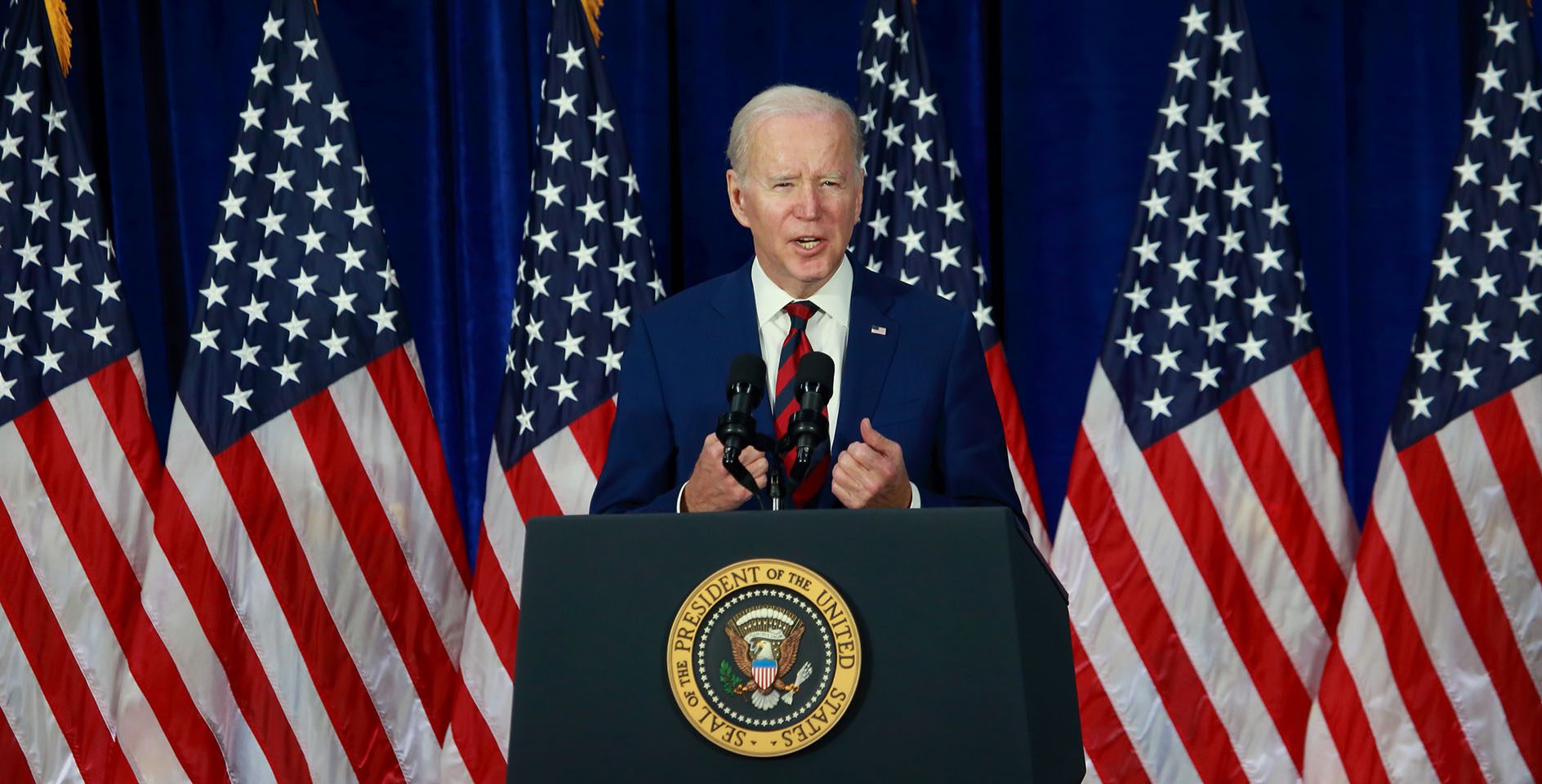Soon, talking about your faith outside a church with a person who is not a member of your religion will be illegal in Russia. The new restriction comes as a part of a new bill called the “Yarovana Law,” which is primarily a package of sweeping antiterrorism laws. The antiterrorism portion of the bill, by the way, has been criticized in its own right for echoing the broad powers possessed by the KGB during the Soviet era.
But putting those issues aside for a moment, Russia’s new anti-religion bill will give the state unprecedented power to discriminate against religious minorities, driving religious minorities back underground and stoking the flames of extremism in Russia.
According to the U.S. Commission on International Religious Freedom, the new law would:
. . . among other provisions, amend the 1997 Russian religion law by redefining “missionary activities” as religious practices that take place outside of state-sanctioned sites. The new law thus would ban preaching, praying, proselytizing, and disseminating religious materials outside of these officially-designated sites, and authorize fines of up to $15,000 for these activities conducted in private residences or distributed through mass print, broadcast or online media. Foreign missionaries also must prove they were invited by state-registered religious groups and must operate only in regions where their sponsoring organizations are registered; those found in violation face deportation and major fines.
But at the same time, we should acknowledge that it is difficult to define the new law’s impact because it is broad and vaguely defined. Of course, limiting expression and freedom in a vague way is a tried-and-true tool of regimes to stifle speech beyond the language of the law by creating fear of punishment, in the case of individuals a fine of 50,000 Roubles. This fine (nearly $800) is six weeks wages for the average Russian.
Despite international pressure and protests, the Yarovana Law has now been signed by President Putin. Religious leaders are planning to challenge the law in Russia’s Constitutional Court. At the same time, however, religious leaders are already asking questions about how to comply with the demands of the law and whether their faith allows them to.
Let us pray for our brothers and sisters in Russia, some of whom must now worry about whether their house churches will be raided and their life savings erased. And let us speak the truth about the way that Russia treats religious minorities within its own borders. As Senator Ben Sasse said from the Senate floor this week: “The U.S. does not have a solemn obligation to make the world free, but we absolutely do have an obligation to speak on behalf of those who are made speechless in the dark corners of the globe.”










